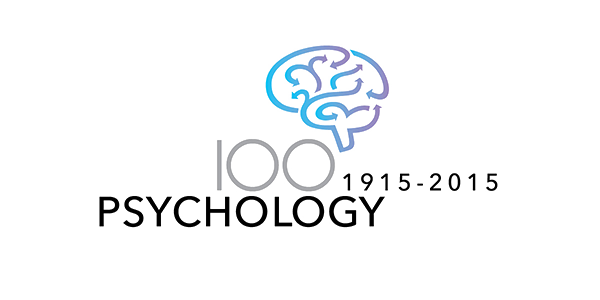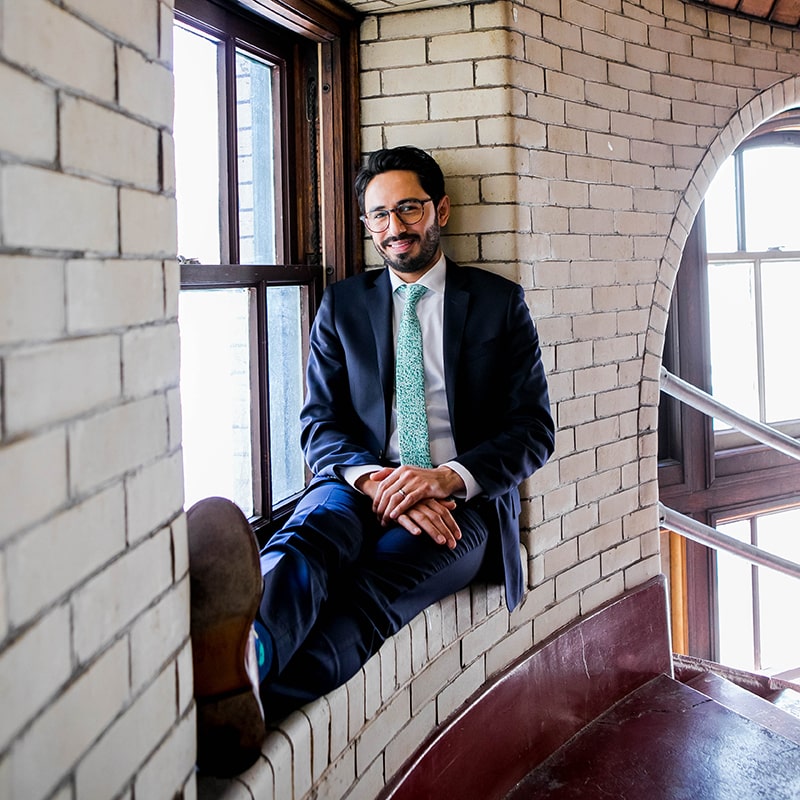Faculty Spotlight: Michael Trujillo
By Stacy Kish
Michael Trujillo, assistant professor in psychology, joined the department in 2021. Their research is focused on the psychology of stigma and the psychobiological pathways linking social stress and health.
Tell me about your research.
I am a health psychologist by training; however, the work that I do draws on a variety of fields, including social psychology and public health, to understand how experiences of stigma impact a person’s life. My work has historically focused on health outcomes but I am now expanding to other outcomes, like relationship satisfaction, cooperation and academic performance. Moving forward, I want to disentangle the nuances of stigma to understand how it gets under the skin to impact how we think, how we act and how it embeds itself into our biology. I also complement this work by examining how stigmatized people are resilient to these experiences.
How is your research adding to the greater field?
My work aims to take an intersectional approach to stigma, how people with intersecting identities and their various positions of power, perceive and respond to stigma and how they may be associated with a variety of outcomes. In short, I try to understand what stigma looks like for people with different identities and what makes them unique. Second, my work takes a strengths-based approach when examining marginalized populations, that is, I want to understand what works well for these populations. For instance, what has allowed LGBTQ people to overcome and thrive in the face of social rejection and exclusion. Our field and marginalized populations can all benefit from this approach.
How did you become interested in this topic?
Researchers often get involved in work that affects themselves. I have specific experiences personally, and I have seen my peers, friends and family members affected by stigma in their daily lives. I think it’s safe to say that we try to do work that makes an impact, and my initial interest in this topic was in how I could make my friend’s and family’s lives better. My work is complimented by my parents’ story. They were immigrants themselves and experienced hardship and social exclusion. They instilled in me the importance of concepts like fairness and equity growing up. Combining those two interests drove me to investigate stigma and public health more academically.
What are you most excited to accomplish as a faculty member at CMU?
I hope to bring greater visibility to the faculty, students and staff who have not been reflected before. Being an out person as a faculty member who is also more fluid in their gender is important so that students can see themselves reflected at every level in their education. I didn’t have that as a student, and I believe many people are starting to see that representation really matters. I also hope to create a learning environment where students can be in a community that is accepting and acknowledges their unique perspective. Being able to show students and staff there is someone who is willing to speak on their behalf is incredibly important.
What are your goals for the next generation of scholars?
That students feel empowered to bring their experiences and their unique perspective to the work that they do. My hope is that I can be a support system so they can find their voice and share it with others via their academic work and their interpersonal relationships. As someone who has and continues to navigate a road not often paved for me, I want to provide the support and guidance to make sure that this road was made for them.
I also think that there is some conversation around academics being biased in their work, because they have unique experiences that they draw upon for their work. I would like to show students that there is such as a thing as academic activism. They can bring a scientific eye to their experiences and bring their needed perspective to conversations. The phenomenon we study doesn’t live in a vacuum and neither do the academics who study them. Having these lived experiences, I believe, can help frame the work in a way that is most reflective of the world we live in. This is one way to prepare future scholars with marginalized identities to bring their experience and perspective to their work to enrich it and the field.
The Faculty Spotlight series features new and junior faculty at the Dietrich College of Humanities and Social Sciences at Carnegie Mellon University. Stay tuned for our next installment to learn more about the dynamic and engaging research and scholarly work being conducted in the college.

